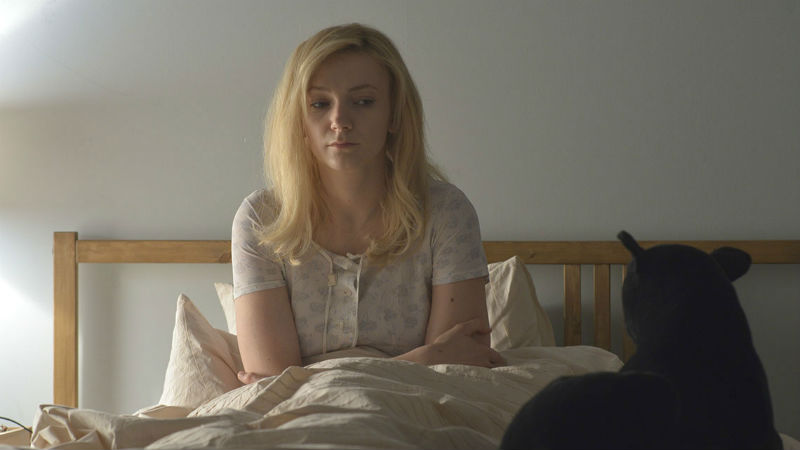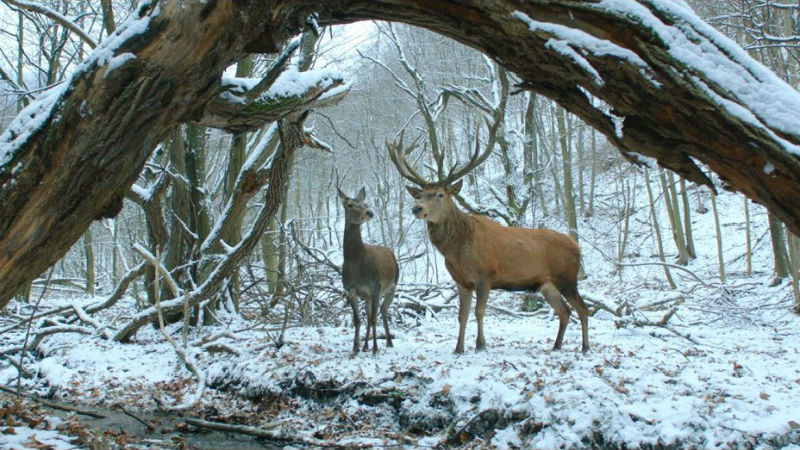QUICK SNAP: LIVE FROM TALLINN
A smart and perceptive psychological drama, As Far as I Know structures itself around a shocking event, finding its chilling tone through the strength of its two central performances. An indictment of masculine attitudes to female trauma, as well as an absorbing investigation into the Hungarian justice system, it avoids simple conclusions in favour of a complicated reality.
Dénes and Nóra Gabor (Balázs Bodolai and Gabriella Hámori respectively) are expecting a baby. Nóra isn’t carrying it herself, but waiting for the baby to become available through a foundation. When they go for drinks with friends to celebrate the good news, they are interrupted by the fact that one of their friends has become pregnant through conception. A variety of awkward conversations follow, culminating in a very public argument between the couple on a bus. Nóra storms off, followed by a strange passenger. And when she returns home a few hours later, she reveals to Dénes that she has been raped.
With the details of the event hazy, a mere sketch of the perpetrator, and no DNA evidence, there is uncertainty as to whether a convincing case can be proved. Yet instead of providing a conventional thriller, this instigating incident is used as a means to explore the complexity of these two characters, who reveal their prejudices and difficulties throughout. More emphasis is put on Dénes, who immediately focuses on going to the police instead of providing emotional comfort to his wife. His attitude eventually becomes the most interesting part of the movie, as it slowly peels back the layers of his stubborn personality.
While it could be argued that the film flirts with a dangerous trope — that women falsely accuse men of rape in order to get attention — this idea is compensated by this calm and collected style which avoids editorial decisions. Debut directors Nándor Lörincz and Bálint Nagy make use of slow zooms and medium length shots, giving it a surveillance-like feel, approximating the mystery footage that might be able to solve the case.
Draped in cold and autumnal colours, Budapest — even more than when it stands in for Cold War Moscow — has rarely looked so unforgiving. This dispassionate filmmaking style suits the nature of the film, which indicts the unfeeling attitude of the Budapest police and the coldness that sets in between the married couple. This is complemented by a spare and discordant piano soundtrack, cloaking the film in an unsettling noir mood.
What compels these two to be in a relationship in the first place? They both work with focus groups, endlessly listening to men and women as they talk about their needs and their attitudes towards the opposite sex. You’d assume that at least Dénes would be listening in and more attentive to his wife’s needs. This is the real question that haunts every frame of this dark and unsettling film.
As Far as I Know plays as part of the First Feature competition at Tallinn Black Nights Film Festival, running from 13th to 29th November.










